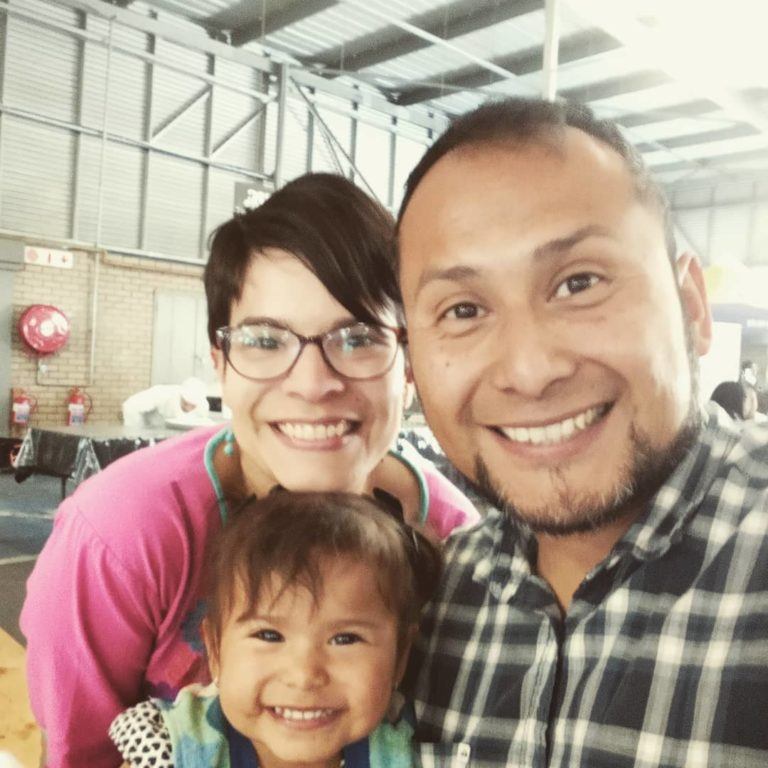From Global Immersion Team Member Alejandra Ortiz, Tijuana, B.C
In the midst of this global crisis, it’s understandable to focus on our personal survival and ways to cope with the reality surrounding our family, church and close community. We absolutely need to care for ourselves and those close to us. That said, how do we also recognize our privilege and choose to see our wider family around the globe?
The fact that in some cities the curve is flattening and most people are staying home is worth celebrating. But what do we do with the reality that in most developing countries the virus will wreak havoc on already overwhelmed health services and fragile economies?
In Tijuana at this time, as well as other places, I see the constant call to stay home. My family is home and we are blessed to have this privilege. I also know that for many people in my city, their livelihood depends on working daily outside their homes. There are few welfare services in México; if people don’t work, they will die of hunger. This is not just because of poverty, but deeper systemic issues. There is global economic injustice, exploitation of resources from powerful nations in the Global South and so many other problems that start with our greed, indifference and egocentrism.
In moments like these, we have an opportunity to learn about the realities of our most vulnerable neighbors. We can become students of history, read the news from places like Tijuana, ask people we know how things are going and support in any way possible.
As our family navigates this crisis in Tijuana, we acknowledge our limitations, while also committing to be in constant communication with a Honduran family and our church shelter that is housing around 30 people from different Central American countries, México and Haiti. We are keeping ourselves informed by our friends in different parts of the world and choosing carefully what news to read.
I think most of us can agree that this pandemic of worldwide proportions has changed the way we understand ourselves as global citizens. Let me suggest that this acknowledgement is just the beginning. We have always been interconnected and many of us have benefitted from those – often unequal – relationships. What does it look like to be in solidarity with those across the border? How do we identify with our vulnerable brothers and sisters in other parts of the world? May we begin with seeing them, learning from them and living into the reality that we are dependent on each other.

